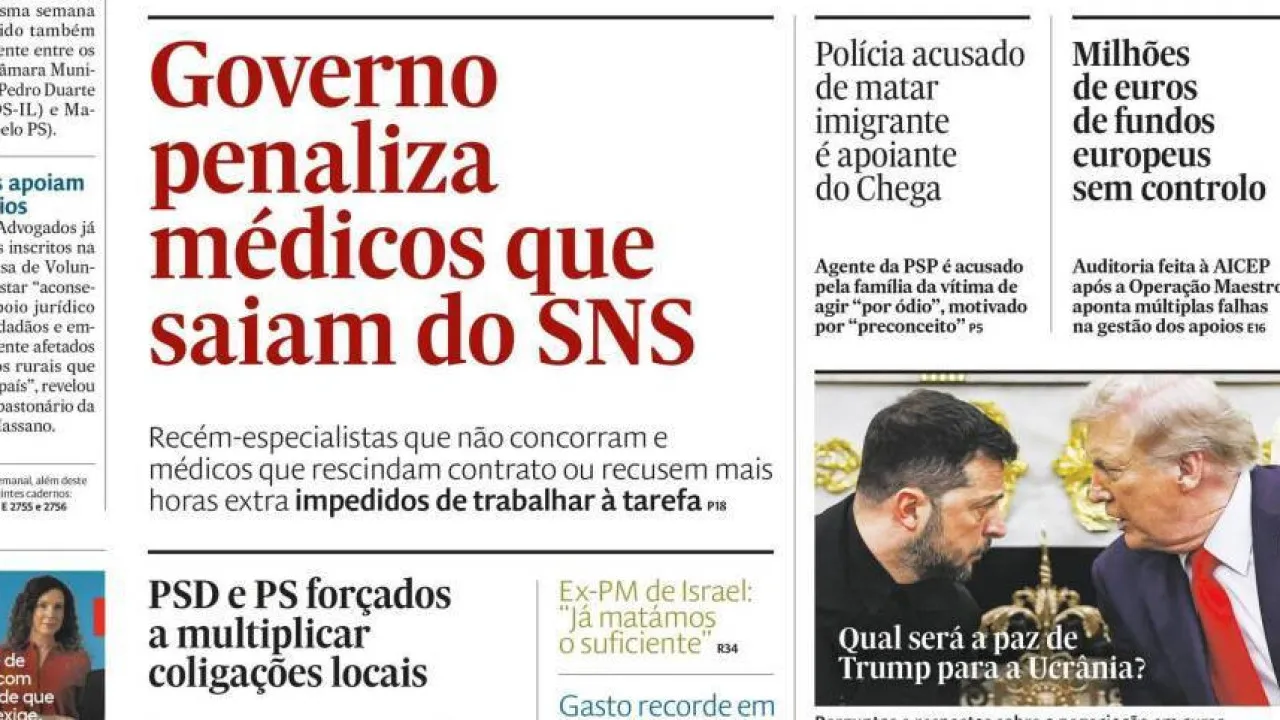
“The situation is bleaker compared to last year; we are facing a much worse shortage of teachers,” warned José Feliciano Costa, secretary-general of Fenprof, just three weeks before the school year begins for primary and secondary students.
Last year, there were 164 unfilled teaching positions. Now there are over three thousand, he stated, referencing data released last week by the Ministry of Education, Science and Innovation (MECI) concerning the placement contests that enabled nearly 19,000 teachers but left 3,152 positions vacant.
According to Feliciano Costa, many of these positions have no candidates, and “if classes started today, over 400,000 students would be without teachers.”
Schools can still hire through recruitment reserves until classes begin. Nonetheless, the union leader pointed out that “the situation is more complicated” as there are 2,566 fewer teachers available in the recruitment reserves this year. “Last year, we had over 19,000; this year, it’s around 16,000,” he noted.
Fenprof highlighted a general decline in the number of candidates within most recruitment groups, reaching “particularly alarming values” in the 1st cycle of Basic Education (down 27.7%), in 1st cycle English teachers (down 36.8%), and those teaching Portuguese and English (down 42.3%).
There are also significantly fewer Mathematics and Natural Sciences, Geography, or Special Education teachers, according to Fenprof’s list, which also includes English and Portuguese teachers.
In schools where positions remain unfilled, directors may opt for school hiring, which involves employing unlicensed teachers for teaching roles, an increasingly common practice in recent years.
“The situation worsens with the minute entry of new teachers, who continue to be insufficient to offset the 2,054 retirements recorded this year up to August 31. This is more than last year,” lamented Feliciano Costa, concluding that the “+ Aulas + Sucesso” plan did not deliver results last year and will continue to fall short this year. No effective and fundamental measures are seen to solve the problem.
The Fenprof leader also warned of errors in the teacher placement contest affecting those who switched Educational Zone Frameworks (QZP) but made mistakes in the application process — errors that the system failed to identify, validating incorrect applications.
“These situations, until resolved, create great instability and anxiety for the teachers and their families, especially when significant relocation from their residences is involved,” warned the largest representative union structure in the profession.
The National Federation of Education (FNE) also reported receiving multiple support requests from teachers who reported errors in their Internal Mobility applications.
“These errors, often stemming from the limitations of the contest system/platform itself, must not, under any circumstances, penalize teachers,” stated FNE, urging the authorities to swiftly correct the errors and issue clear guidelines to all schools and services to ensure no teacher is disadvantaged.
“In a context of severe teacher shortages and given the urgency of preparing and organizing the 2025/2026 school year, this situation assumes special importance, potentially jeopardizing the stability and normal functioning of schools at the start of September,” warned FNE.




